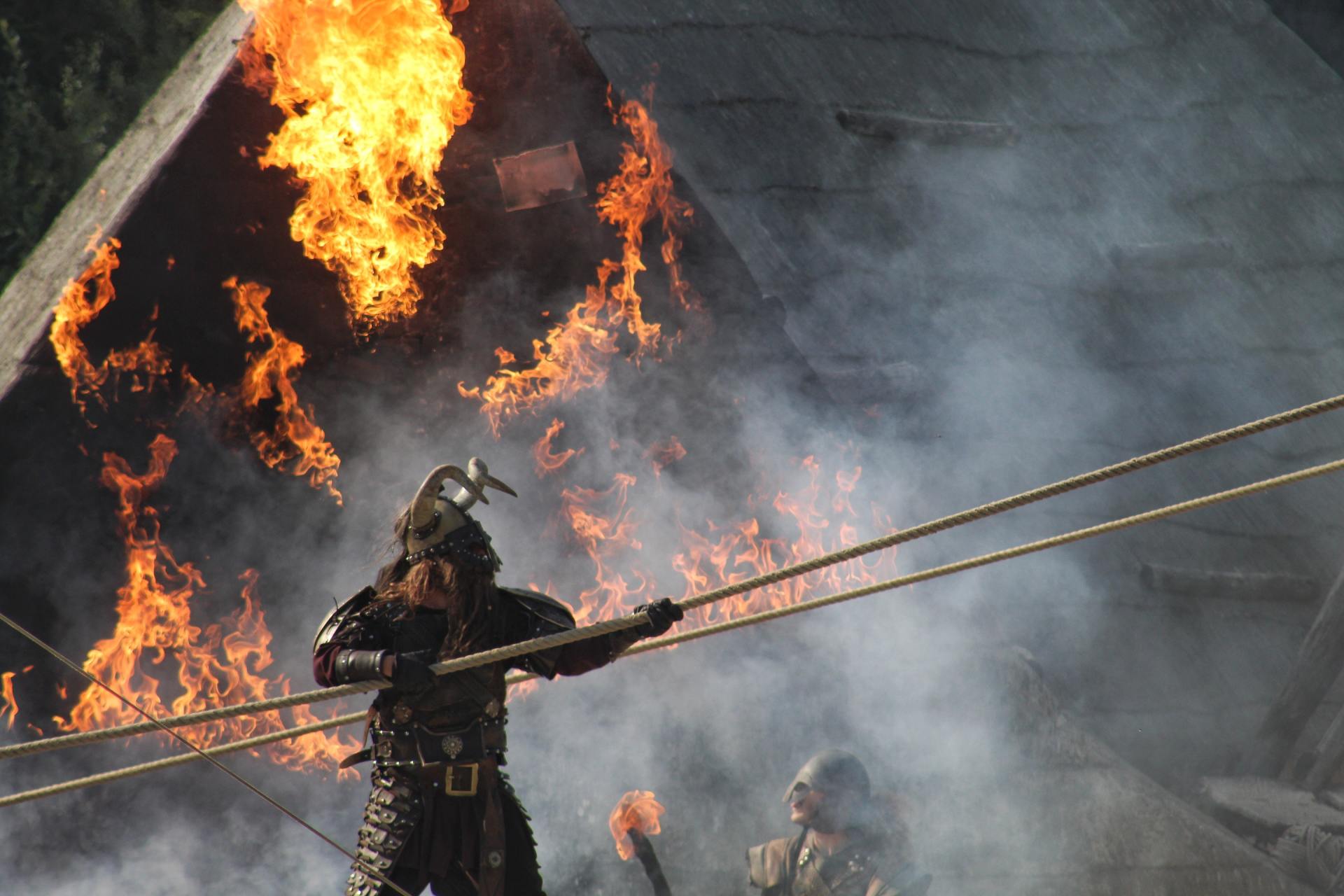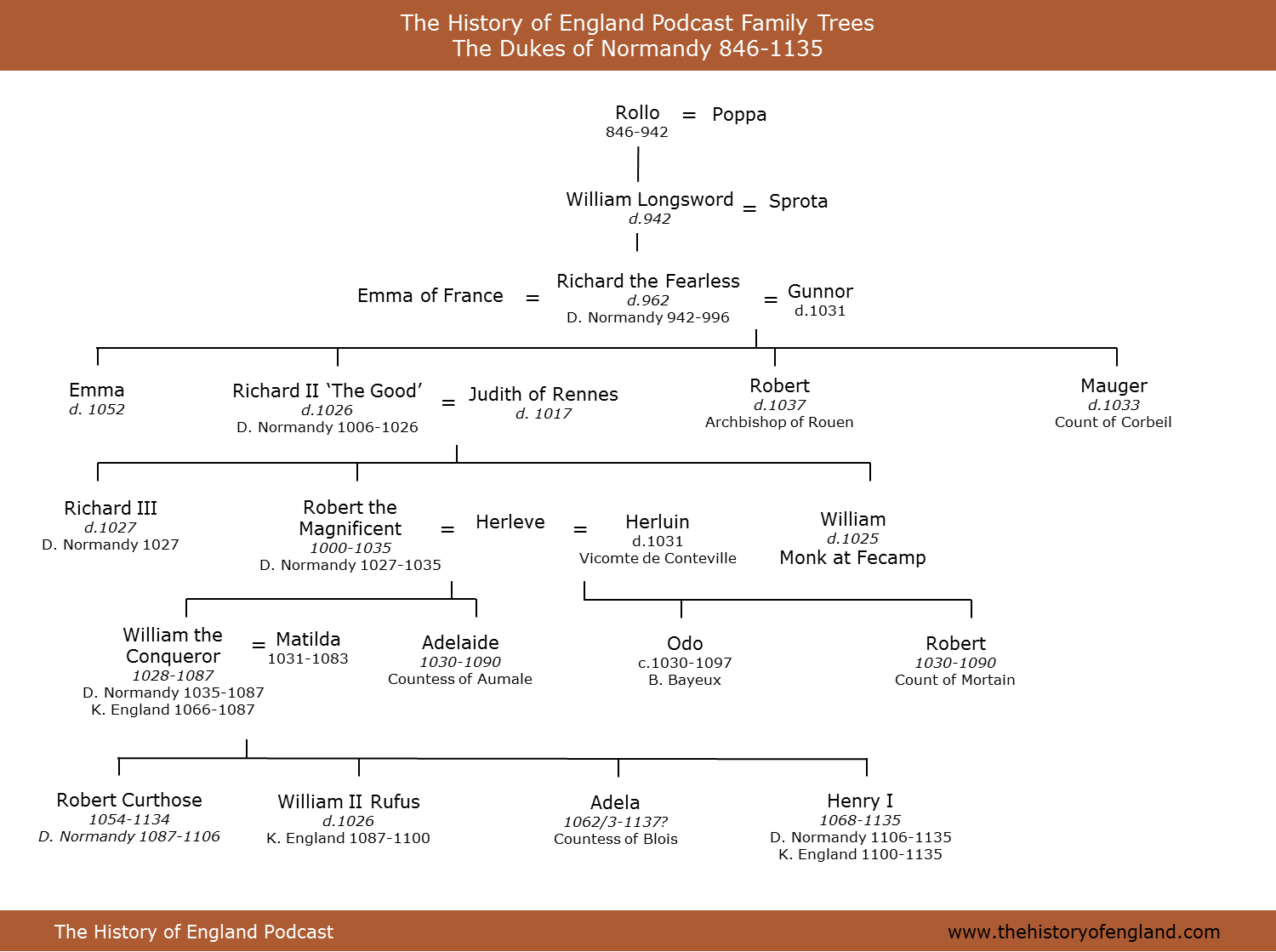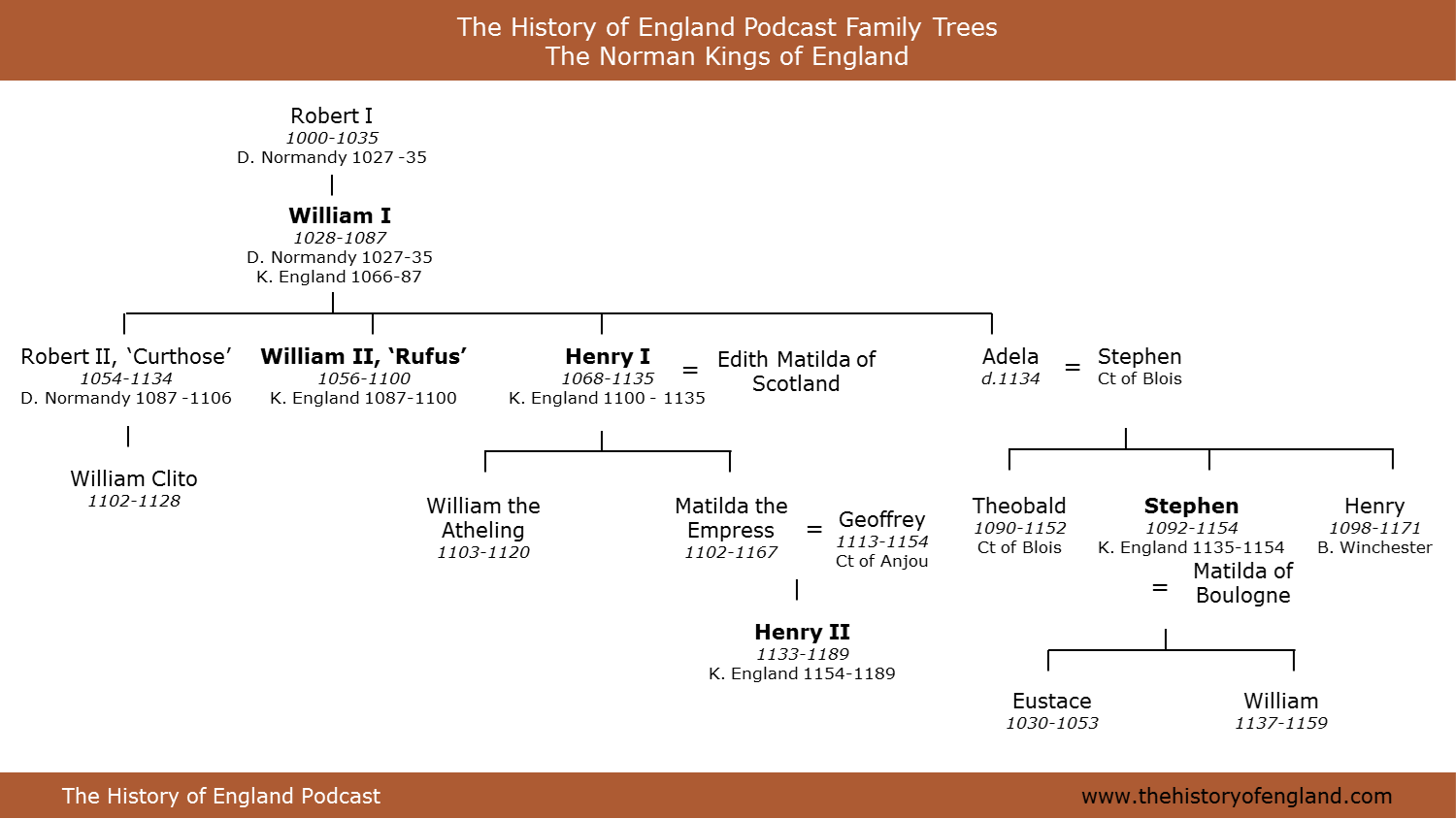Normans of Normandy
“The combination of castle, monastery and borough, or of these two elements already existing in Normandy played major influential roles in progressing the Norman colonisation of England." - The Normans by Marjorie Chibnail

Creation Of The Normandy State
A Scandanvian Viking Ship Fleet, composed of Vikings from different tribes scattered around Scandinavia (Denmark, Norway and Sweden), led by Rollo, invaded and plundered a region in northern France in the 9th century. The coastal region, a few decades after the invasion, became known as Normandy. Marjorie Chibnall in her book The Normans gives a brief overview into the history of origin relating to the rise of the Normans. The nature of Vikings raids is reflected by the invasion of the region in Northern France where Marjorie Chibnall optimistically says “In spite of lurid accounts of devastation caused by the Vikings, the looting of church treasures and the destruction of libraries, the region was never reduced to anything like a desert.” I describe this excerpt as optimistic due to the fact that Rollo along with the vikings who decided to settle in the region decided to convert from Paganism to Christianity.
The conversion to Christianity by the vikings laid the foundations for the strengthening of alliances between the vikings and the Franks. In an act of solidifying their allegiance, the Frankish kings approved of the occupation of the usurped region in Northern France and thus the region “Normandy” was established. The leaders were both feared and respected for their enforcement of the ‘law of the army’ which did not give into rebellions and attacks from outside invaders. The military-like presence of the Normans made them a force not to be reckoned with. Leaders of other nations would bargain with them for their support in fighting battles, offering them all kinds of rewards for their services including land, treasures and daughters for marriage. Often enough, Normans would often opt to accept women to marry, in effect intermarrying into a royal family thus their offspring bearing the prestige of Royalty.
Along with the grant of authority of governance to Normandy, the Normans were bestowed control of the bishoprics. The responsibility of determining bishop ranks meant that future leaders of Normandy could win favours with popes and churchmen, in effect capable of influencing church reform. Again,
in effect influencing church reform. It is important for the reader to get a grip on this historical fact. This historical fact implies that pagans with no complete knowledge of the Christian faith have had a great influence on the teachings of Christianity.
Norman Conquest of England - Battle of Hastings
The Norman conquest of England was achieved under the leadership of William, the Duke of Normandy, who led the Norman army to victory at the Battle of Hastings in 1066. The bloody battle was fought between the armies of William and Harold II for heirship over the England throne. Edward the Confessor, last king of the Anglo-Saxon royal line promised both William and Harold II as his successor. At first, Edward designated William as his successor but was forced to promise Harold II the throne to use as leverage to convince Harold II to protect the security of his reign against external forces. But ultimately, William won the battle for the Throne of England
Marjorie Chibnall speaks on William administering his newly acquired authority saying “The combination of castle, monastery and borough, or of these two elements already existing in Normandy played major influential roles in progressing the Norman colonisation of England. It provided for military and spiritual needs, while stimulating economic life and setting up a market for the surrounding rural settlements of newly seized English territories post conquest.” Norman advances and colonisations extended to Northern England, Wales, Scotland and eventually Ireland.
Norman Influence on Christianity
William transformed the structure and character of the church in England. He replaced all the Anglo-Saxon Bishops, except Wulfstand of Dorchester, with Norman bishops. William also deposed the archbishop of Canterbury at the time, Stigand with Lanfranc of Bec, one of William’s close advisers and respected Scholar. Furthermore, William presided over multiple church councils, which were held more frequently than under his predecessors, and introduced legislation against Simony (Selling of clerical offices) and clerical marriage.
The Normans were lavish in their church donations. New wealth gave them the means, and the violence by which it had been won made them open to suggestions that they ought to make atonement for their share in the slaughter of battle.
From Savagery to Enlightenment
In the 17th century, England’s Attorney General and Lord Chancellor Francis Bacon suggested that in order to understand God and His creation one must separate law and natural philosophy (science) from religion. Prior to the 17th century, philosophy and intellect were governed by religion. Aristotelian Scholasticism promoted a mode of thought that was fundamentally guided by faith in God. Laws and the understanding of the physical realm were judged through God and faith in him. Francis Bacon argued that there was potential in detaching natural philosophy from religion for it would heighten one's knowledge of natural philosophy and thus enable humanity to make best use of God’s earth. He similarly argued this for the faculties of the legal system, philosophy and psychology. Bacon’s father, Nicholas Bacon was made Lord keeper of the Great Seal of England under Queen Elizabeth which implies that the Bacon family had the authority and means to disseminate Francis’s work and reform the education of knowledge. Bacon’s views resonated with the academics at the time, inspiring them to pursue a numerical and linguistic understanding of natural phenomenon's such as biology, chemistry, astrology and physics. Then came Descartes, Hobbes, Pascal and Newton, all famous for their algorithms making sense of physics and astrology.
The first Bacon of whom we have any authentic account was Grimbaldus, who possessed estates in Normandy, but left his native land with his relative, Earl Warren, to follow the fortunes of William the Conqueror. After the Battle of Hastings (1066), Grimbaldus settled at Letheringsett, in Norfolk, where he founded a church and made one of his sons Abbot of it. Rich estates were acquired by the descendants of Grimbaldus. Redgrave Hall, Garhamburg, Hesset, Culford Hall, Shrubland Hall and Friston were some of their residences.
Sir William Bacon is mentioned as one of the knights bearing banners in the time of Richard I. ; and Sir Roger, another descendant of Grimbaldus, was a commander in the wars of Edward II. and Edward III. Eight or nine generations later we come to Sir Nicholas, who was so proficient in law that he was made attorney of the Court of Wards by Henry VIII, and ''being grown still more famous for his knowledge," he was knighted by Queen Elizabeth in the first year of her reign, and was made Lord Keeper of the Great Seal, which the position was at that time equal in authority with that of Lord Chancellor.
Francis Bacon was the son of Sir Nicholas Bacon. In spite of the shadow under which Francis Bacon died, it has been proved that although the acceptance of gifts rendered him suspected of injustice, no decree made by him was ever reversed as unjust. In his will he said: "For my name and memory, I leave it to men's charitable speeches, and to foreign nations and the next ages."
Opinion
From the year 1066 onwards, the English throne has been occupied by descendants of pagan Norse Vikings. Since the Norman Conquest of England, King William The Conqueror commissioned the overhaul of England's written literature, law and administration. All records written in Latin or English dated before the 13th century were destroyed and hardly to ever be found. Words of power including authority, court, empire, govern, justice, peace and war are examples of Norman-French influence on the English language which was one of multiple deliberate strategies by the Normans to solidify their power over the English people. Anglo-Saxon rebels who attempted to disrupt the reign of William The Conqueror were met with ruthless consequences including having their hands and arms amputated and their eyes gorged out.
In one of his essays, Francis Bacon says that Government is an ordinance of God, politicians are God’s agents doing His work. Talk about solidifying power.
Article by Adham Tebbie
Click or Tap on Opinions for more articles by Adham.
News Feed








